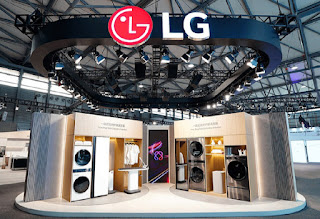After 2030, more powerful anticancer drugs will be available [Science Now]

Postgraduate researcher Jiwoo Choi (first author) is using a pipette tool to transfer blood components into several wells (small containers) to culture them into macrophages [Photo = KRIST] A domestic research team has found a clue to a new anticancer technology that can complement the existing CAR-T anticancer drug. Dr. Jihoon Park's team at the Korea Research Institute of Chemical Technology (President Youngguk Lee) successfully produced CAR-M (Car-M, Car-Macrophage) by stably inserting anticancer genes into macrophages derived from human peripheral blood using lentivirus. It is expected to be applied to the treatment of solid cancers in addition to blood cancers. 'Chimeric antigen receptor (CAR) T cell therapy' is a technology that extracts T cells, which are immune cells, from the body, genetically modifies them to attack specific cancer cells, and then injects them into the patient. It is very effective in treating some blood cancers such as leukemia, b...





